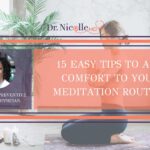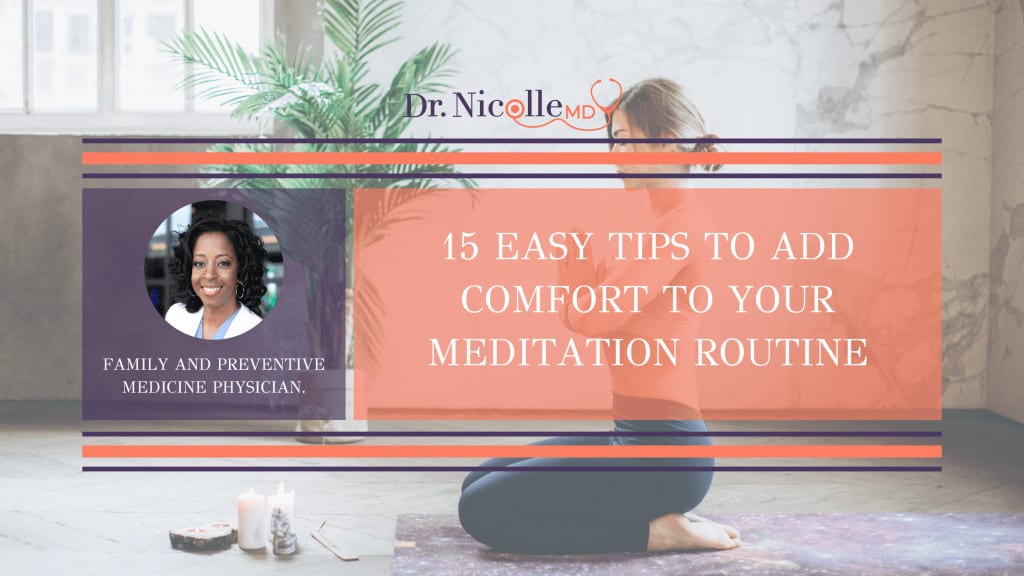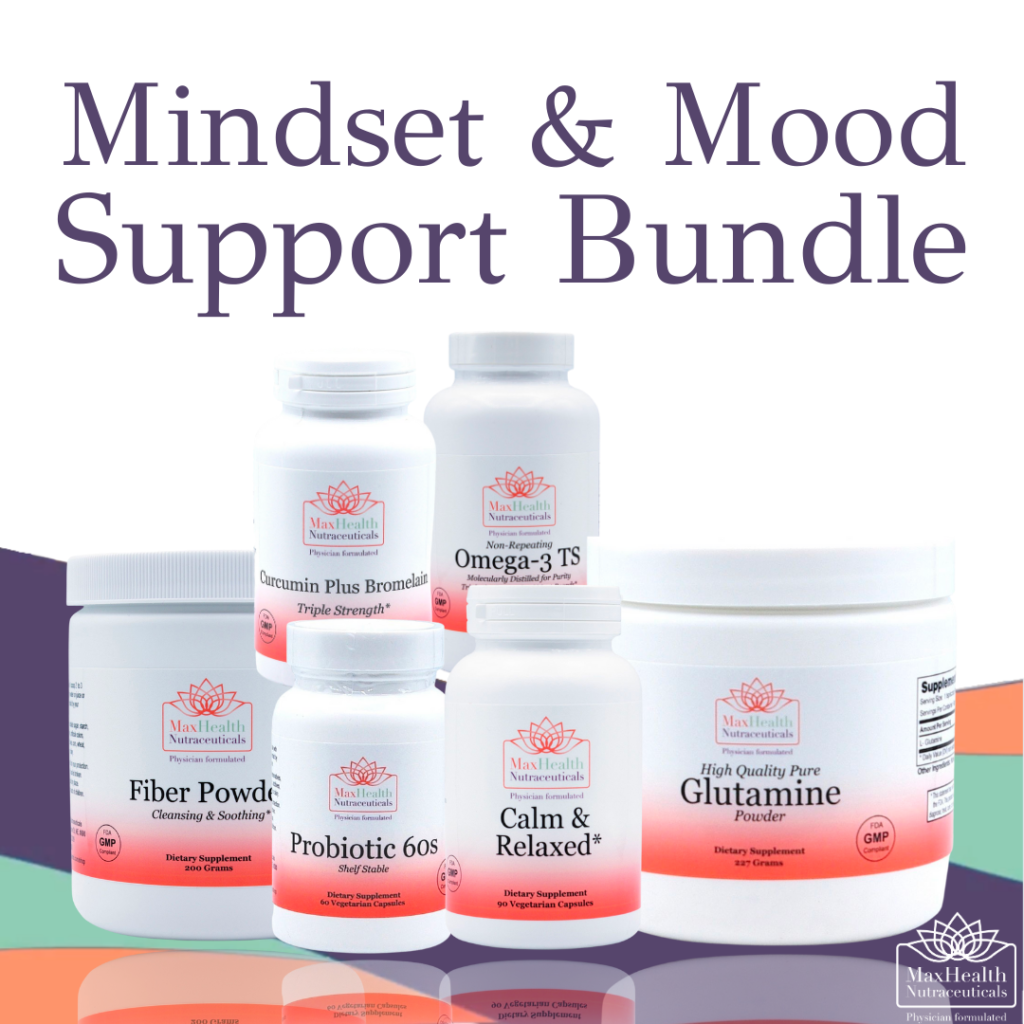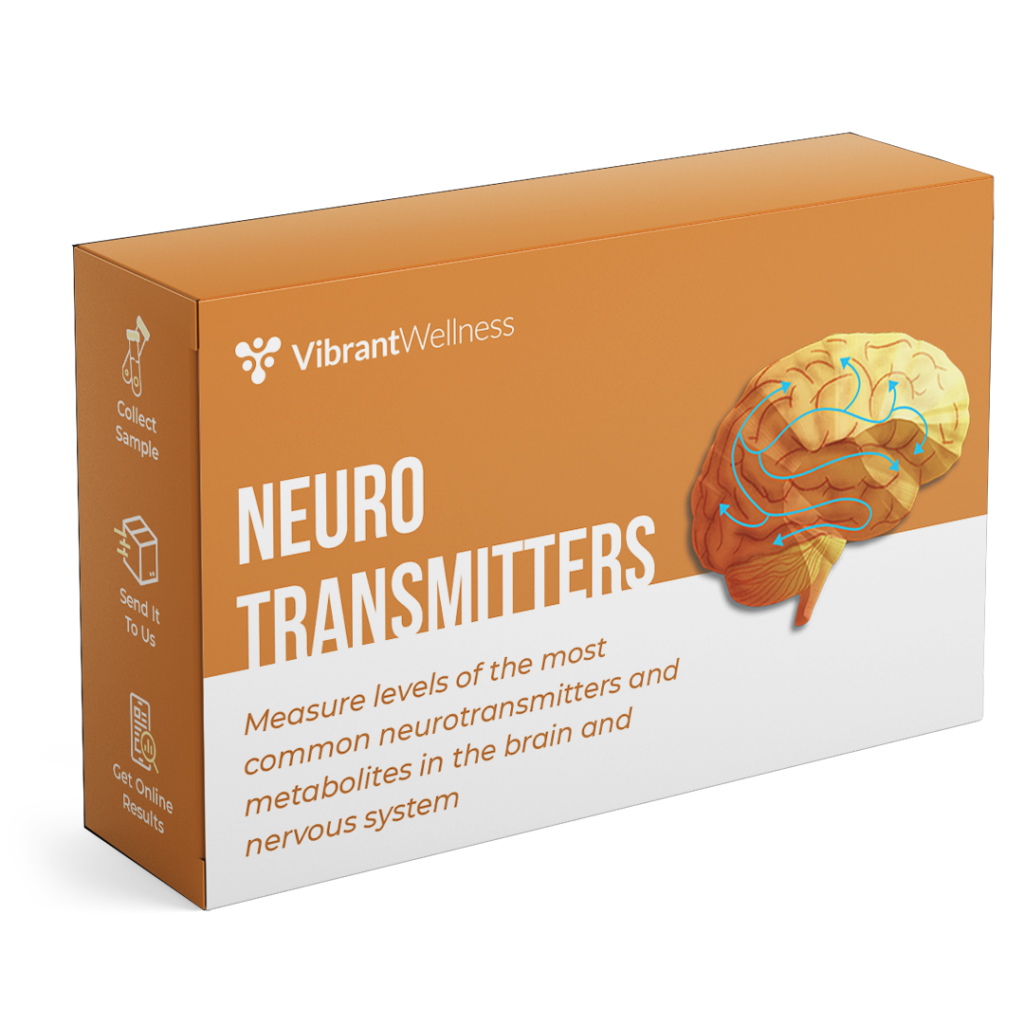

Hello and welcome to Motivation and Mindset Mondays! Today, let’s talk about 15 ways to be more comfortable during meditation. Meditation is a powerful tool for achieving inner peace and relaxation. It can help you manage stress, find greater sleep, and release endorphins. Meditation is good for your mind, but sometimes your body needs a little tweaking to get it to cooperate. It can be hard to start, and it can be even harder to stay on it long-term, especially when you have a hectic lifestyle. That’s why you need to find ways to make it easier for you.
You may have read in meditation books that you should sit in a comfortable meditation posture, and that’s true. But there are many other factors that can affect how comfortable you are during meditation.
These are steps you can take before and after meditating and during your session to relieve physical discomforts and make it easier to concentrate.

Steps To Take Before and After Meditation
1. Stay active.
An active lifestyle and regular workouts will keep you in top shape for all activities including meditation. A supple body encourages a supple mind. Exercise also plays a big role in maintaining an ideal body weight that helps you to feel more at ease all the time.
2. Train for flexibility.
Simple stretches help prevent stiffness and aches. Warm up first to prevent injuries. Hold static poses and gradually extend your range of motion.
3. Eat light.
Heavy meals tend to cause drowsiness. Select foods that are easy to digest and try eating smaller and more frequent servings.
4. Limit alcohol and caffeine.
Depressants and stimulants affect both your body and mind. Take prescription medications as directed, but limit other substances that can make you foggy or jittery.
5. Dress down.
Wear clothing that feels good. Garments that are soft and loose will protect you from feeling itchy or pinched. Bring along a sweater you can take on or off depending on the room temperature. Kick off your shoes.

Steps To Take During Your Meditation Session
1. Scan your body.
Start out by checking in with your body from head to foot. Breathe deeply through your nose. Become aware of any spots that are tense or uncomfortable. Imagine your breath is healing them.
2. Minimize saliva.
Our mouths produce saliva all the time but it can feel more conspicuous when you’re meditating. Pressing your tongue lightly against the roof of your mouth inhibits any excess.
3. Rest your arms and hands.
Bend your elbows and place your hands in your lap cupped together with the palms upturned. If you prefer, you can rest them at your sides.
4. Lower your shoulders.
Stress often shows up in raised shoulders. Gently lower them and press them back. This will bring your chest forward and make it easier to breathe deeply.
5. Lift your head.
Hold your head up and slightly forward. This will take pressure off your neck.
6. Support your feet.
Uncross your legs and place your feet flat on the floor if you’re sitting in a chair. If you’re sitting on the floor, center them in front of you.
7. Relax your eyes.
Avoid eye strain and visual distractions by softening your vision. You can close your eyes or keep the lids barely open. Allow yourself to remain aware of your general surroundings without honing in on any individual item.
8. Shift positions.
It’s okay to move anytime you feel stiff or uneasy. Settle into a new position and resume your meditation. Retrace your recent thoughts if your attention gets pulled away temporarily.
9. Get a chair.
Unless you grew up in a monastery, sitting on the floor for long periods may be difficult at first. Pull up a chair. Pick a style with a flat seat and straight back that allows your feet to reach the floor.
10. Walk around.
Walking meditation is great for beginners or as a supplement to your seated practice. When your body needs a break from sitting, you can continue your thoughts as you pace indoors or out.
Staying fit and maintaining good posture will enrich your meditation practice. When your body is comfortable, you’ll be able to sit longer and experience fewer distractions as you develop greater peace of mind.
I would love to give you a free resource sheet to support your quest for a healthy mindset. Click the button below to receive your gift.
I really wanted to talk about this topic today because I wanted to share some lifestyle-based strategies to improve your overall mindset and mental health, which in turn improves your life. You must do the internal work to improve your overall health. You can do this by learning what motivates you and working each day on improving your mindset. Your thoughts control your feelings, which controls your behavior. You can cultivate certain behaviors and practices that will not only enrich your life, but that you can pass on to your family, friends, and community, so that you can leave a legacy of health to your loved ones.
If you are familiar with my approach, I use functional medicine and lifestyle medicine as the first line of treatment, before medications, to treat lifestyle-related chronic diseases. Lifestyle-related chronic diseases include diabetes, hypertension, obesity, some cancers, just to name a few. Lifestyle modifications, such as stress reduction and mindfulness exercises, can help you feel better about yourself and your life. In certain cases, these approaches may even outperform pharmaceutical therapy. But I always tell my patients that conventional medications may be appropriate at this time to prevent catastrophic illness, but over time, you can work to make the necessary lifestyle changes to possibly reduce and/or eliminate medications. Please remember to always consult your physician for your particular needs and circumstances prior to making any decisions whatsoever.
Is Dietary Supplementation Right For You?
Did you know that what you eat can have a significant impact on your mood and mindset? A poor diet can lead to decreased energy levels, low moods, and even depression. Conversely, a healthy diet can improve your mood, help you feel more energetic, and boost your overall sense of well-being.
For some people, vitamin and mineral supplements offer important health benefits. Supplements are designed to fight deficiencies found in our diet and complement the food we eat regularly. Supplements are basically “helping hands” to our daily food.
When stress, anxiety, and depression creep in, it can be difficult to stay motivated and keep your head in the game. Fortunately, dietary supplementation can help. Certain vitamins, minerals, herbs and other natural ingredients have been shown to improve moods and reduce stress levels. For example, B vitamins (such as B6 and B12) are essential for maintaining healthy brain function and producing energy. Omega-3 fatty acids, which can be found in fish oil supplements, are known to reduce stress hormones and promote relaxation. Magnesium is also important for mental health – it helps regulate stress hormones, reduce anxiety levels and improve quality of sleep.
In addition to these supplements, there are also a number of herbal remedies that can help with stress management. Herbs such as lavender, chamomile and passionflower can be helpful for calming the body and reducing stress levels. Valerian root is another popular stress-relieving herb – it helps to relax the mind and promote restful sleep.
Ultimately, dietary supplementation can play an important role in improving your mindset and mood. If you’re feeling stressed or down, consider adding some of these supplements to your daily routine! They may just be the key to unlocking your mental wellbeing.
So… if you are unable to eat better and need supplementation, the supplements in my Mindset and Mood Support Bundle may provide the extra boost you need.
These are my favorite Mood Support Supplements to use! This Mindset and Mood Support Bundle will ensure you have the intake of the important vitamins, minerals, and probiotics to decrease inflammation and boost your innate wellness day and night. Taken together, it’s a solid plan for increasing your body’s natural resiliency while you improve your sleep, decrease your stress, and improve your mental clarity, naturally.
Tools For Motivation And Mindset
Meditating
Although you don’t need a cushion to meditate, you may want to consider using one at some point. You could meditate in a chair, or simply sit on the floor if you want. You can also use pillows or cushions from your furnishings to try out. Cushion, chair, bench, floor – it’s all good. Eventually, though, if you’re not sitting upright on a chair, you’ll probably do well to buy a dedicated meditation cushion. The cushion will support your sitting posture and help you create an appealing mindfulness corner that will encourage you to practice every day. I recommend this meditation cushion and mat bundle.
Journaling
If you struggle with stress, depression, or anxiety, keeping a journal can be a great idea. Even if you don’t have these conditions, journaling can enhance your life in many ways. Having difficulty processing your thoughts and emotions? Journaling can help clear that mental clutter and move towards a positive mindset. Research suggests that keeping a journal can have positive impacts on both mental and physical health. So, to start you on your journey, I recommend this self care journal.
Yoga
Yoga can be a great way to improve your strength and flexibility, manage your stress, improve your heart health, and lose weight! I recommend using a grounded yoga mat to connect yourself with the earth and reduce inflammation.
Food!
Remember, living a healthy lifestyle including eating a whole foods plant-based diet, regular physical activity, meditation and mindfulness, as well as healthy and supportive relationships are the best ways to support mental health.
Please talk with your doctor about any complementary health approaches, including supplements, you use. Let me know what you think in the comment section below.
Still Feeling A Little “Off”?
You may want to consider looking at your neurotransmitter levels. We’ve all heard of neurotransmitters—those chemical messengers that facilitate the transmission of signals from one neuron to the next across a synapse. But, what do they actually do?
Neurotransmitters influence and regulate a wide range of processes, from mental performance and emotions to pain response and energy levels. It’s no wonder why many people seek professional help when their neurotransmitter levels become imbalanced. Let’s take a closer look at how neurotransmitters work and what options are available for addressing imbalances.
What Is a Neurotransmitters Test?
The best way to determine if there’s an imbalance is through testing. The Vibrant Wellness Neurotransmitter Test is designed to measure levels of various hormones and chemicals in the brain and peripheral nervous system that play an important role in mood, memory, aging, balance, nervous function, movement, pain perception, eating behavior, sleep/wake cycles, stress biology, heart rate variability (HRV), etc. The Neurotransmitters panel measures levels of important hormones and chemicals in the brain and peripheral nervous system—including serotonin (mood), dopamine (motivation), epinephrine/norepinephrine (energy), GABA (relaxation) , glutamate (balance), acetylcholine (memory) , histamine (inflammation).
It’s also important to note that this test looks at both active levels as well as metabolites which helps identify underlying causes for imbalances such as poor absorption or metabolism. With this data in hand, you can start making changes that help restore balance.
Imbalances in these chemicals can lead to a variety of symptoms including irritability, anxiety or depression; cognitive issues such as forgetfulness; sleep disturbances; fatigue; digestive problems; low libido; weight gain or loss; etc. A Neurotransmitter test is used to detect underlying imbalances that may be causing these symptoms.
What Are the Benefits of a Neurotransmitter Test?
A neurotransmitter test can provide valuable insight into your overall health. It can identify any underlying hormonal or chemical imbalances that may be contributing to your symptoms. Once these imbalances have been identified, you can work with your healthcare provider to develop an individualized treatment plan that addresses the root cause of your symptoms. This could include lifestyle changes such as diet modifications or exercise regimens as well as supplements or medications designed to correct any deficiencies in neurotransmitter production.
What Can I Do if My Test Comes Back Positive?
If your test comes back positive for an imbalance in one or more neurotransmitters, there are several things you can do to get back on track. The first step is to identify any underlying lifestyle factors that could be contributing to the imbalance (such as sleep deprivation or poor nutrition). Once you’ve identified those factors, you can begin making changes – such as improving your diet or getting more exercise – to help restore balance. Additionally, certain supplements may also be recommended by your doctor or health care provider in order to promote optimal neurological functioning and support healthy neurotransmitter levels.
In A Nutshell…
Neurotransmitters are essential for a healthy mind and body – they influence mental performance and emotions while helping regulate key processes like pain response and energy levels. If you’re feeling off balance lately or experiencing unusual symptoms like insomnia or digestive issues it might be worth looking into whether there’s an underlying imbalance in your neurotransmitter levels causing your discomfort. A Neurotransmitters panel test will give you valuable insight into what’s going on within your body so you can take corrective action if needed! With the information gained from this test you’ll be able to better understand what’s going on within your body and make informed decisions about how best to bring yourself back into balance!
PLEASE NOTE: If you or someone you know is experiencing severe stress, anxiety, depression and/or other mental health issues, please contact SAMHSA’s National Helpline, 1-800-662-HELP (4357), (also known as the Treatment Referral Routing Service) or TTY: 1-800-487-4889. This is a confidential, free, 24-hour-a-day, 365-day-a-year, information service, in English and Spanish, for individuals and family members facing mental and/or substance use disorders. This service provides referrals to local treatment facilities, support groups, and community-based organizations. Callers can also order free publications and other information.
Dr. Nicolle Martin
Some of the links in this article are "affiliate links", a link with a special tracking code. This means if you click on an affiliate link and purchase the item, we will receive an affiliate commission.
The price of the item is the same whether it is an affiliate link or not. Regardless, we only recommend products or services we believe will add value to our readers.
By using the affiliate links, you are helping support our Website, and we genuinely appreciate your support.
Last updated on January 28th, 2022 at 03:43 am

Minimize Medications. Maximize Health.
Are you super busy but need to take control of your health? Are you tired of being tired? Subscribe to my “Minimize Medications, Maximize Health Blog” and I’ll give you 7 Tips to Get Healthy in No Time absolutely FREE.







